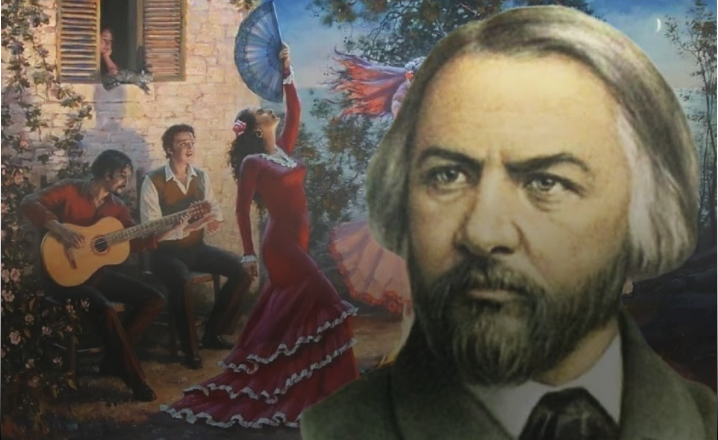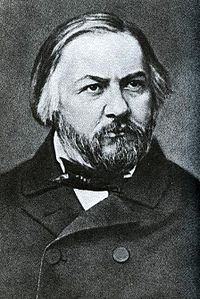Introduction:
In the realm of classical music, certain names shine brighter than others, leaving an indelible mark on the art form’s history. Mikhail Glinka, a Russian composer of the Romantic era, is one such luminary. Often referred to as the “Father of Russian Classical Music,” Glinka’s groundbreaking compositions laid the foundation for the country’s rich musical heritage. Join us on a journey through the life and works of this remarkable composer.
Early Life and Influences:
Born on June 1, 1804, in Novospasskoye, Russia, Mikhail Ivanovich Glinka hailed from a noble family. As a young boy, he displayed a deep fascination with music, captivated by the folk songs he heard in the villages surrounding his home. This exposure to Russian folk melodies would profoundly influence his compositions, setting him apart from his European contemporaries.
Musical Education and Travels:
To further hone his musical skills, Glinka embarked on a journey across Europe, studying in Milan and Berlin. During this time, he immersed himself in the works of Mozart, Haydn, and other masters, refining his own unique musical style. However, it was his visit to Italy that left an enduring impression on his artistry. The rich harmonies and passionate operatic traditions of Italy left an indelible mark on Glinka, shaping his later operatic masterpieces.
Operatic Legacy:
Glinka’s operas are considered his crowning achievements and paved the way for the development of Russian opera as a genre. His opera “A Life for the Tsar” (1836) marked the birth of Russian national opera, incorporating patriotic themes and Russian folk melodies. The opera’s success catapulted Glinka to national prominence and earned him the patronage of Tsar Nicholas I. Glinka’s subsequent opera, “Ruslan and Lyudmila” (1842), further solidified his status as a groundbreaking composer.
Orchestral and Chamber Works:
In addition to his operas, Glinka also composed a variety of orchestral and chamber works. His “Overture to Ruslan and Lyudmila” is particularly famous for its spirited energy and vivid portrayal of Russian folklore. Glinka’s chamber music, including his Trio Pathétique and Sonata for Viola, exemplify his mastery of melody and form.
Legacy and Influence:
Mikhail Glinka’s contributions to Russian classical music cannot be overstated. His innovative use of Russian folk themes, blending them with Western classical techniques, created a distinct Russian musical identity that resonated with audiences. Glinka’s works inspired subsequent generations of Russian composers, including Tchaikovsky, Rimsky-Korsakov, and Mussorgsky, who continued to shape the course of Russian music.
Conclusion:
Mikhail Glinka’s life and compositions stand as a testament to his pioneering spirit and immense talent. Through his innovative fusion of Russian folk music and European classical traditions, Glinka laid the groundwork for a distinct Russian musical identity. His operas and instrumental works continue to enchant audiences worldwide, solidifying his place as a true maestro of Russian melodies. The legacy of Mikhail Glinka lives on, an eternal testament to the power of music to transcend boundaries and touch the depths of the human soul.


Comments are closed